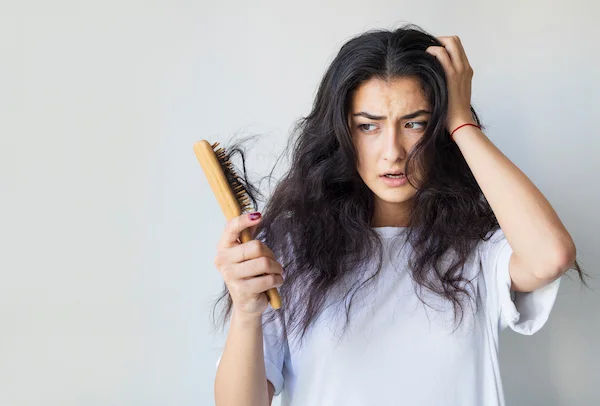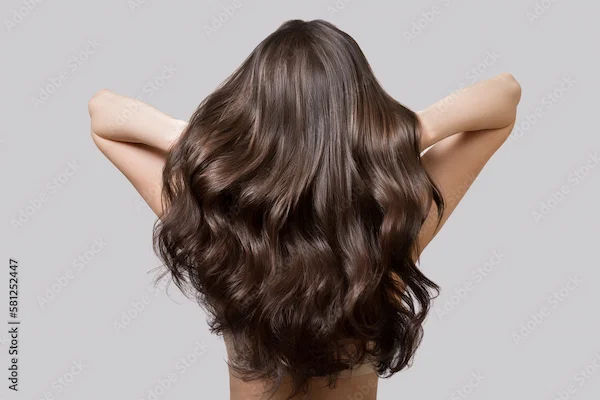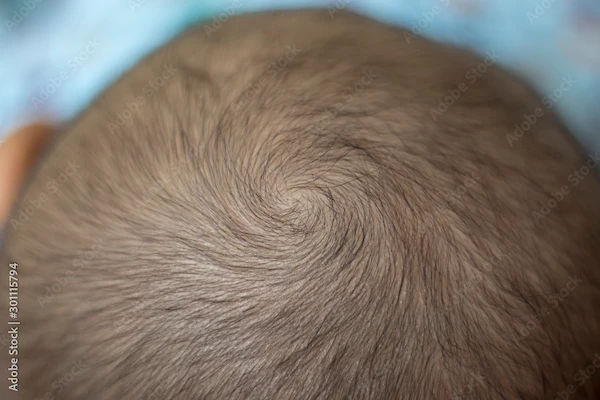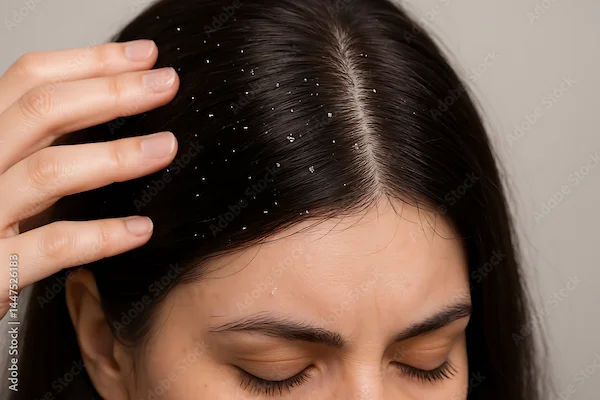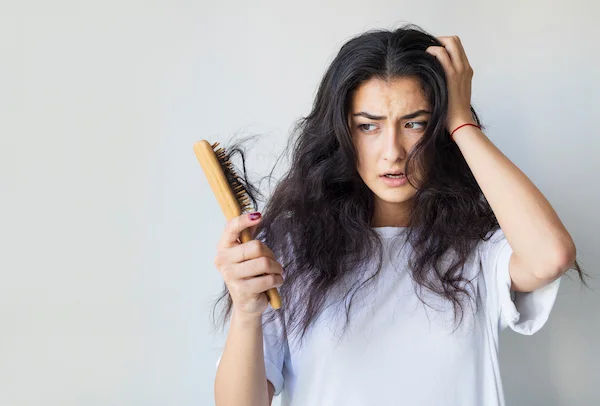Hair Fall in Winter and How to Address It
Discover why hair fall increases in winter. Learn about the causes, from dry air to diet, and find effective tips and remedies to protect your hair and keep it healthy all season.


Introduction
Winter brings chilly winds, cozy blankets, and festive cheer, but for many of us, it also brings an unwelcome guest—excessive hair fall. If you’ve noticed more strands on your brush, pillow, or shower drain during the colder months, you’re not alone. Seasonal hair shedding is common, but understanding why it happens and how to manage it can help keep your locks healthy.
Why Does Hair Fall Increase in Winter?
Hair fall in winter can be attributed to several factors:
1. Dry Scalp & Lack of Moisture – Cold air and indoor heating strip moisture from your scalp, making it dry and flaky. This can weaken hair roots, leading to breakage and shedding.
2. Reduced Blood Circulation – Cold temperatures constrict blood vessels, reducing blood flow to the scalp. Since hair follicles rely on nutrients from blood, poor circulation can slow hair growth and increase shedding.
3. Hormonal Changes – Some studies suggest that hair growth cycles may slow down in winter, leading to more hair entering the resting (telogen) phase, which eventually falls out.
4. Static Electricity & Friction – Winter hats, scarves, and woolen fabrics create friction, causing hair to break. Static electricity can also make hair more prone to tangling and damage.
5. Vitamin D Deficiency – Less sunlight in winter means lower vitamin D levels, which play a crucial role in hair follicle health.
How to Reduce Winter Hair Fall?
The good news is that you can take simple steps to minimize hair fall and keep your tresses strong and healthy.
1. Keep Your Scalp Hydrated
Use a gentle, sulfate-free shampoo to avoid further drying.
Apply a lightweight, nourishing hair oil (like coconut, almond, or argan oil) before washing to lock in moisture.
Use a hydrating conditioner and consider a weekly deep conditioning hair mask.
2. Avoid Hot Showers
Hot water can strip natural oils from your scalp, making hair brittle. Opt for lukewarm water instead.
Health topic carousel:
Doctor's speciality: Dermatology
Text: Consult a Dermatologist for the best advice
3. Protect Hair from Cold & Friction
Wear a satin or silklined hat to reduce friction from wool or cotton.
Avoid tight hairstyles (like ponytails or braids) that pull on hair roots.
4. Eat a HairFriendly Diet
Protein-rich foods like eggs, lentils, and fish strengthen hair.
Iron and zinc, found in spinach, nuts, and seeds, prevent hair thinning.
Omega-3 fatty acids from sources like flaxseeds, walnuts, and salmon keep the scalp healthy.
Vitamin D, from fortified milk, mushrooms, and sunlight exposure, supports hair growth.
5. Reduce Heat Styling
Blow dryers, straighteners, and curling irons can worsen dryness. If you must use them, apply a heat protectant spray first.
6. Stay Hydrated & Manage Stress
Drink plenty of water to keep hair hydrated from within.
Practice stress relief techniques (yoga, meditation) since stress can worsen hair fall.
When to See a Doctor?
While seasonal hair fall is normal, excessive shedding (more than 100150 strands a day) or bald patches could indicate an underlying issue like:
Thyroid disorders
Hormonal imbalances (PCOS, menopause)
Scalp infections (dandruff, psoriasis)
Nutritional deficiencies (iron, vitamin D, B12)
If hair fall persists beyond winter or is accompanied by itching, redness, or sudden thinning, it’s best to consult a dermatologist.
Final Thoughts
Winter hair fall is usually temporary and manageable with the right care. By keeping your scalp moisturized, eating a balanced diet, and protecting your hair from harsh weather, you can minimize shedding and maintain healthy locks.
If you’re concerned about persistent hair loss, Apollo 24|7 offers expert dermatologist consultations to help diagnose and treat the issue. You can also book hair health tests to check for deficiencies.
Stay warm, stay nourished, and give your hair the love it deserves this winter!
Health topic carousel:
Doctor's speciality: Dermatology
Text: Consult a Dermatologist
